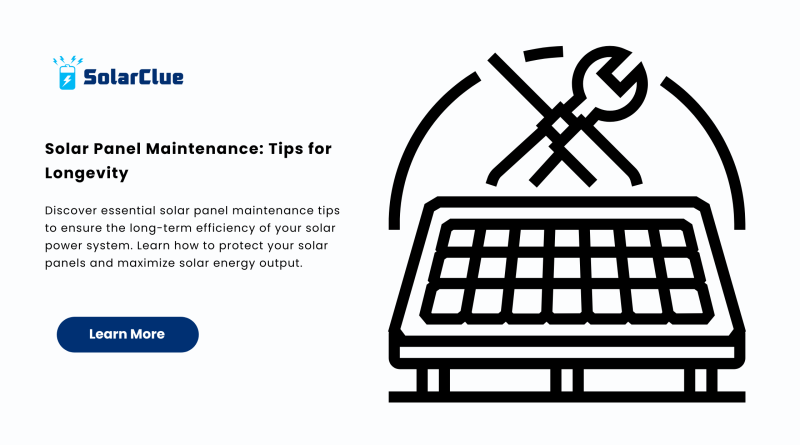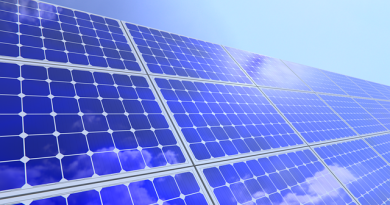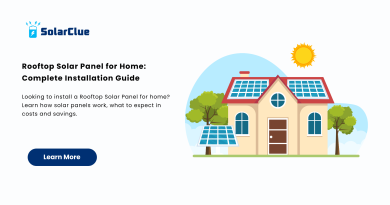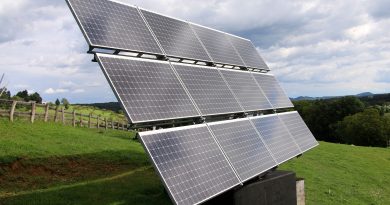Solar Panel Maintenance: Tips for Longevity
Installing a solar power system is a smart investment, but like any system, it needs proper care to ensure it delivers maximum performance over the years. While solar panels are designed to be durable and low-maintenance, periodic inspections and upkeep can significantly extend their lifespan and efficiency. In this guide, we’ll explore the best solar panel maintenance tips, common issues to watch out for, and how to protect your system for the long haul.
Table of Contents
- 1 Why Solar Panel Maintenance Matters
- 2 How Often Should You Maintain Solar Panels?
- 3 Essential Solar Panel Maintenance Tips
- 4 What Not to Do While Maintaining Solar Panels
- 5 Common Solar Panel Maintenance Mistakes
- 6 How Maintenance Affects Warranty and Insurance
- 7 Do Solar Panels Work Without Maintenance?
- 8 When to Replace or Upgrade Panels
- 9 FAQs
- 10 Conclusion
Why Solar Panel Maintenance Matters
Even though solar panels have no moving parts and are built to withstand weather conditions, neglecting basic maintenance can reduce their ability to convert sunlight into solar energy efficiently. Dust, debris, bird droppings, snow, or shading from new tree growth can block sunlight and reduce the power output of your system.
Proper maintenance helps to:
-
Maximize energy output
-
Protect your investment
-
Detect issues early
-
Improve return on investment (ROI)
-
Extend system life up to 25–30 years or more
How Often Should You Maintain Solar Panels?
For most residential systems, a general rule is to inspect and clean your solar panels two to four times a year. However, if you live in a dusty, coastal, or high-pollen area, or if your panels are under trees, more frequent checks may be necessary.
Essential Solar Panel Maintenance Tips
Clean the Panels Regularly
Keeping your panels clean ensures unobstructed exposure to sunlight. Use soft brushes or sponges with lukewarm water and mild soap. Avoid abrasive cleaners or high-pressure washers that could damage the panel surface or seals.
Tip: Clean your panels early in the morning or late in the evening when they’re cool to avoid thermal stress.
Inspect for Dirt and Debris Buildup
Check your solar panels for dust, leaves, bird droppings, or snow accumulation. These can significantly reduce the efficiency of your solar power system. In most cases, rainfall does a good job of cleaning, but manual cleaning might be needed in dry seasons or during long gaps between rains.
Monitor System Performance
Use your solar monitoring system or inverter display to track how much solar energy is being generated. A sudden drop in output may indicate a problem such as shading, a faulty inverter, or panel damage.
Check for Physical Damage
Inspect the glass surface for cracks, chips, or discoloration. Check the mounting hardware to ensure it’s still intact and the wiring for any signs of wear, corrosion, or damage caused by animals.
Ensure Proper Drainage
If water gets trapped under the panels, it can cause long-term damage. Make sure the panels are tilted appropriately and drainage holes are clear so water doesn’t pool or seep in.
Trim Nearby Trees
Shading can significantly reduce solar energy output. Make sure nearby branches don’t grow over the panels, and trim them regularly to prevent shadowing or falling debris.
Schedule Annual Professional Inspection
Have a certified solar technician inspect your entire solar power system annually. They will check connections, voltage output, inverters, grounding systems, and more to ensure optimal functioning.
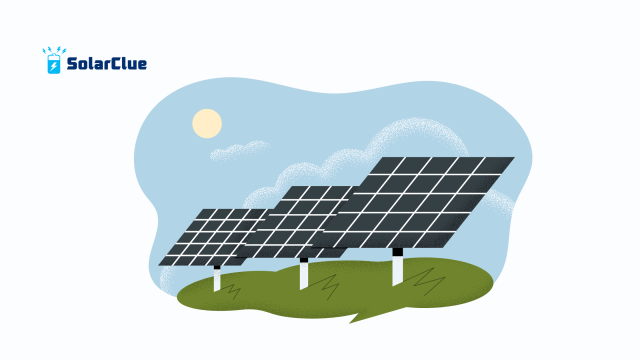
What Not to Do While Maintaining Solar Panels
-
Don’t walk on the panels: It can cause microcracks and reduce lifespan.
-
Avoid using hard water: It can leave mineral deposits on the surface.
-
Don’t use harsh chemicals: These may degrade the panel’s protective coating.
-
Never tamper with electrical connections: Always hire a licensed technician for any repairs.
Common Solar Panel Maintenance Mistakes
-
Ignoring small issues like bird nests under panels
-
Assuming cleaning is unnecessary in rainy areas
-
Using metal tools or abrasive brushes
-
Skipping professional inspections
-
Not checking the inverter for error messages
Avoiding these mistakes ensures your solar panels function at peak efficiency.
How Maintenance Affects Warranty and Insurance
Most solar panel warranties cover manufacturing defects, but not damages caused by poor maintenance or external factors. Proper upkeep ensures your system stays within warranty terms. Also, if your system is insured, some providers require proof of regular maintenance to approve claims.
Do Solar Panels Work Without Maintenance?
Yes, they work, but not optimally. A clean and well-maintained solar power system can generate 10–25% more electricity compared to a neglected one. Over the course of 25 years, that difference can translate into thousands of rupees in savings and a quicker ROI.
When to Replace or Upgrade Panels
If after 20+ years your energy needs increase or your panels are degrading faster than expected, consider upgrading to newer, more efficient models. However, make sure the new panels are compatible with your existing setup.
FAQs
1. How long do solar panels last with proper maintenance?
With proper care, solar panels can last 25 to 30 years or more while maintaining up to 80% of their original efficiency.
2. Can I clean solar panels myself or should I hire a professional?
You can clean them yourself using soft brushes and water, but it’s advisable to hire a professional once a year for a deep inspection and cleaning.
3. Will rain clean my solar panels?
Light rain can help remove some dust, but it won’t clean off sticky residues like bird droppings or thick dust buildup.
4. Does solar panel maintenance void the warranty?
No, regular maintenance keeps your warranty valid. However, improper maintenance or DIY electrical work can void it.
5. Are there apps or tools to monitor solar panel performance?
Yes, many inverters and solar systems come with mobile apps or online dashboards that let you track performance in real-time.
Conclusion
Taking the time to maintain your solar panel system not only ensures long-term reliability but also helps you get the most out of your investment. From simple cleaning routines to yearly inspections, each step contributes to maximizing the efficiency and lifespan of your solar power system. Remember, the sun gives free energy — it’s your job to make sure your system is ready to receive it every day.
Want expert guidance or need the best products for maintaining your system? Explore more tips and solutions at solarclue.com or read more blogs like this on blog.solarclue.com and make your solar journey smoother and smarter!

